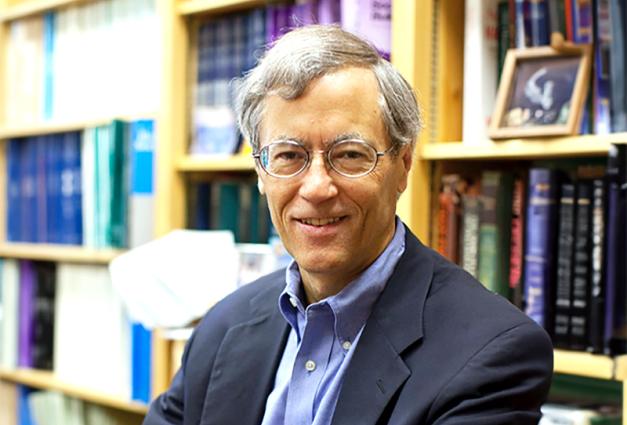The 2022 Early Career Award winners represent an outstanding and diverse group of junior social and personality psychologists. All award winners demonstrated innovation, creativity, and the potential to make a significant impact on the field through research, teaching, and/or service.
We asked this year's winners to share their secrets to success and advice to junior psychologists.
How do you keep a good balance between work and personal life?
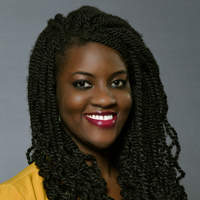
Ivuoma Ngozi Onyeador My advisors have said there's no such thing as an academic emergency, and I really take that to heart. Tomorrow isn't promised so I try to make sure I do things I enjoy regularly.
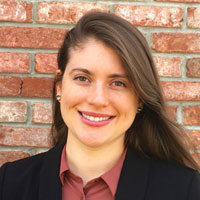
Sarah Ward I try to prioritize my health and happiness and make sure that I'm not overworking and losing sight of broader life goals. I also realize that if I'm constantly over-exerting energy into work, my future productivity is likely to suffer.
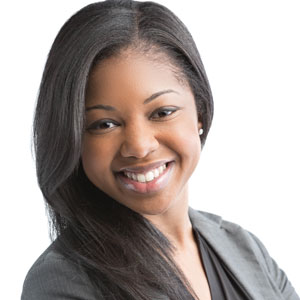
Erika Hall Rather than keeping a balance, I like to blend personal and professional in ways that are not intrusive but make me feel authentic. I invite my babies to sit on my lap during remote work meetings, and I've made dinner conversations out of how I might design my new experimental manipulation. I think both sides—my work colleagues and my family, need to know that there is another side of me that I value very much.
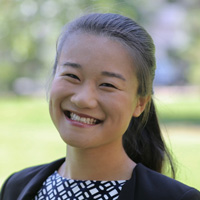
Jessie Sun For me, work–life balance is a natural consequence of being passionate about my work but also being an extraverted sensation-seeker who wants to make the most out of everything that life has to offer. I have always had a lot of hobbies—I have recently become obsessed with Brazilian Zouk. I find that when time is blocked off in my calendar for a fun event (e.g., a dance festival on the weekend) that I feel much more motivated and work more efficiently to get things done in the remaining time.
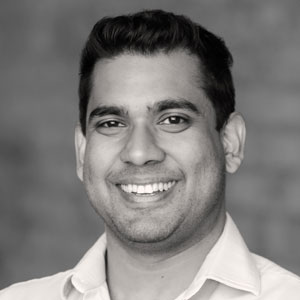
Michael Muthukrishna We have 3 kids and they help me (and by that I mean, force me) to keep a good balance between work and personal life. Parenting and hanging out with them, having new experiences as a family, and watching them develop is wonderfully rewarding. All psychologists take a sudden interest in developmental psychology after having kids, right? Being pulled in so many directions forces me to carefully consider where I invest each minute of my day to keep everything afloat. It's hard.
What do you do outside of work to relax or unwind?

Tyler James Jimenez Music, mainly listening but playing as well. Lately I've been listening to a lot of jazz musicians like Alfa Mist and Nubya Garcia.

Jim Everett I am an avid gardener and while I only have a very small garden, it's full to the brim. I'm particularly fond of roses, especially English roses.

Michael Muthukrishna When I'm mentally stressed, I like to float in a sensory deprivation tank--body temperature water, earplugs, complete darkness, 60-90 minutes. It's a cheat code to meditation.

Ivuoma Ngozi Onyeador I like to explore so I really enjoy trying new restaurants, visiting different neighborhoods in Chicago, and traveling. I also really value riding my Peloton, yoga, and other forms of movement.
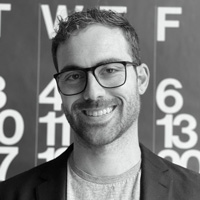
Bill Brady Outside of work I like to play basketball and write music. The physical and creative release help prevent work burnout. I also like to take a vacation when possible! Getting away from my physical workspace creates "distance" from stress.

Jessie Sun I am a long-time musician (violinist and classical singer) and rock-climber, but my main passion right now is social dancing. I discovered and immediately fell in love with bachata towards the end of grad school, and recently became even more obsessed with Brazilian Zouk. Dance truly brings me into a flow state where I can completely let go and focus on connecting, moving, and expressing—a healthy counterpart to all that thinking, sitting, and analyzing we do as scientists!
What is your advice for junior scientists? Or what do you wish you knew five years ago?

Ivuoma Ngozi Onyeador I find it useful to remember that no matter what happens, with a paper, the job market, a talk, in my personal life, I am going to be okay. I will be employed and able to make some sort of contribution to the issues that matter to me. It might not be through academia, but there are so many ways our training can be useful.

Tyler James Jimenez Read! Broadly and often. A lot of this will be within your area, but I've found it equally if not more valuable to read outside of psychology. I think this is especially true for people studying social issues because psychology can only provide one perspective. In my opinion, our field's best research is that which takes seriously, builds from, and integrates findings and methods from the other social sciences, and this can only happen through reading broadly.

Michael Muthukrishna Academics have 2 jobs: to do good work and to tell people about it. When we're wrapped up in writing the next paper, it's easy to forget that publishing papers is not the job. Academic papers used to be us writing letters to our colleagues and I find it helpful to still think about them that way.

Jessie Sun I recommend three things for a good work-life balance. First, investing time to discover hobbies and relationships that you find to be at least as compelling as your research. Second, be intentional about your leisure plans. Third, decline optional tasks or projects that you are not 100% jazzed about and set expectations around what you can realistically accomplish in a workweek.

Sarah Ward There are many opportunities to be successful with a social/personality psychology PhD! Explore multiple career options and remain flexible about your job prospects. There is not one simple, singular, or linear path to success.

Bill Brady The best advice I received as a grad student was to research what you are really excited about even if you are worried it won't have a professional "payoff". If you are researching something you are excited about, the day-to-day work can still be rewarding even in the face of uncertain professional outcomes! The other advice I would give grad students and postdocs who are on the academic job market is to reduce their time on academic Twitter.

Jim A.C. Everett Waiting for other academics to validate your research is a fool's game. I thought that one day I would "make it" and be part of the club. But it doesn't really look like that. I've learnt that if you wait for validation from everyone, you'll be waiting for a very long time. My advice is to find your people that have your back but, most importantly, be the one to validate your work yourself. If you are doing work that you find interesting and important, and if you are doing that work the best you can do, that is ultimately all that should matter.
Be kind and be humble. We're all starting this journey at different points, with different experiences, backgrounds, and personal obstacles to overcome.
The SAGE Emerging Scholar (3 years post-PhD or less) and Early Career Trajectory (between 3-6 years post-PhD) Awards recognize excellence in either research, teaching and/or service to the field.
- William J. Brady, Yale University; SAGE Emerging Scholar
- Tyler James Jimenez, University of Washington; SAGE Emerging Scholar
- Jessie Sun, University of Pennsylvania; SAGE Emerging Scholar
- Sarah Ward, University of Illinois at Urbana-Champaign; SAGE Emerging Scholar
- Cydney H. Dupree, Yale University; SAGE Early Career Trajectory Award
- Jim A.C. Everett, University of Kent; SAGE Early Career Trajectory Award
- Erika Hall, Emory University; SAGE Early Career Trajectory Award
- Michael Muthukrishna, London School of Economics; SAGE Early Career Trajectory Award
- Ivuoma Ngozi Onyeador, Northwestern University, Kellogg School of Management; SAGE Early Career Trajectory Award



